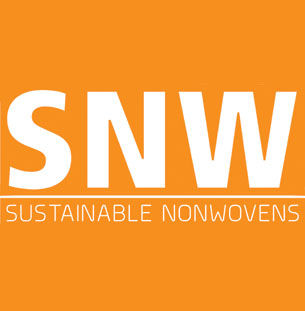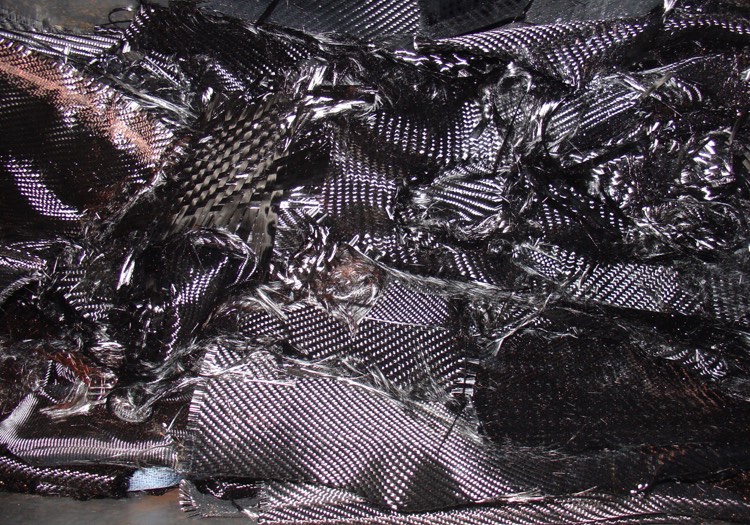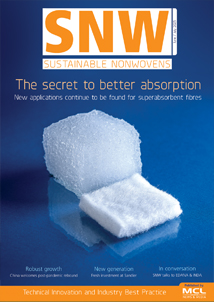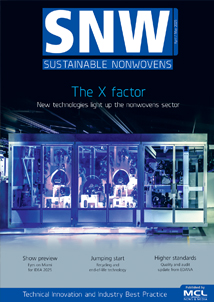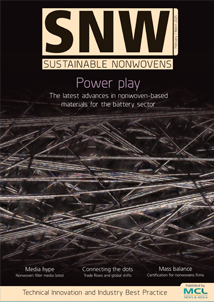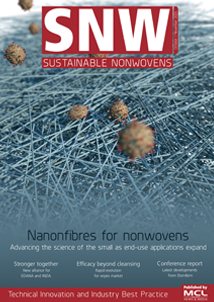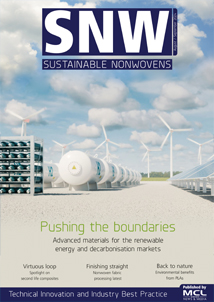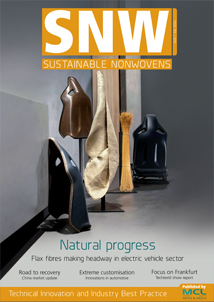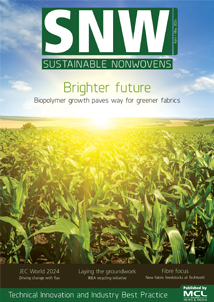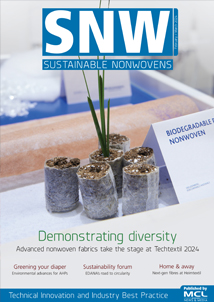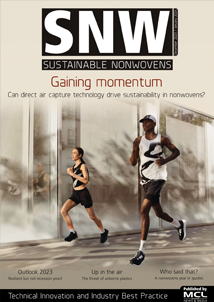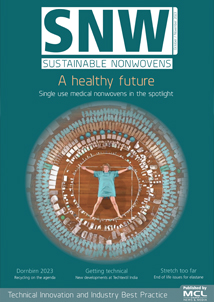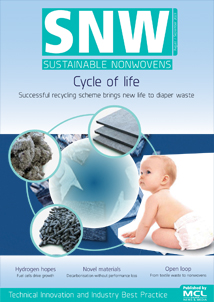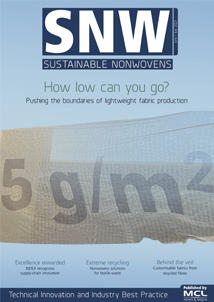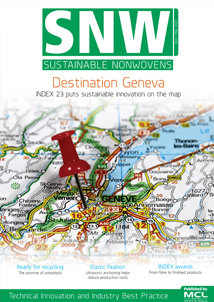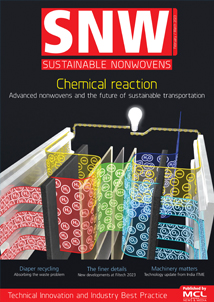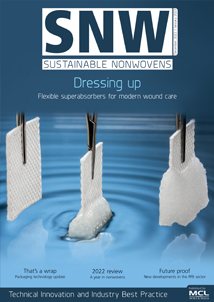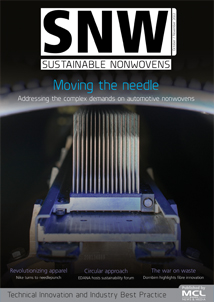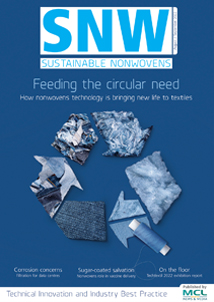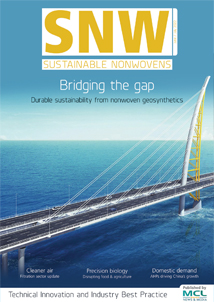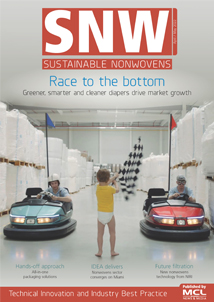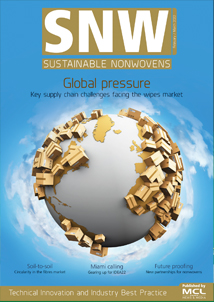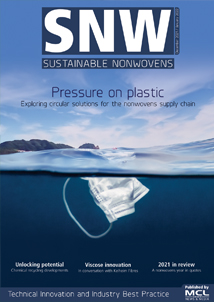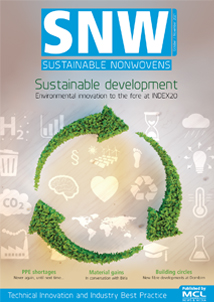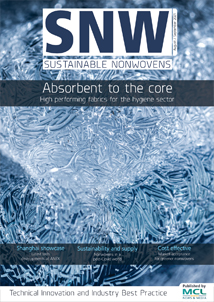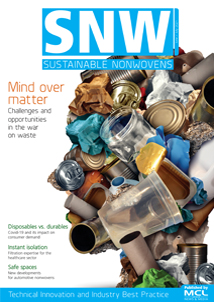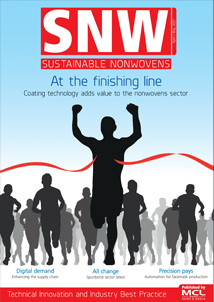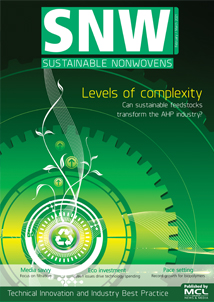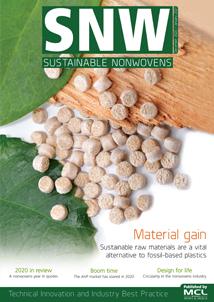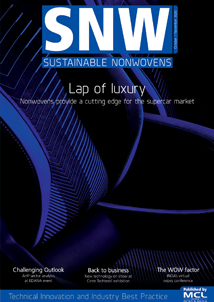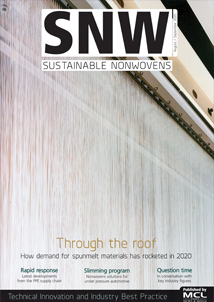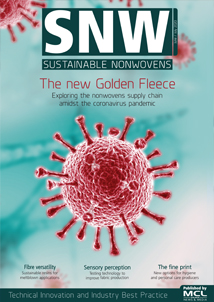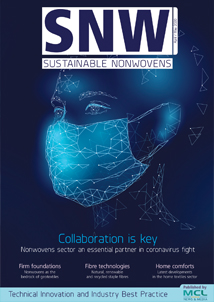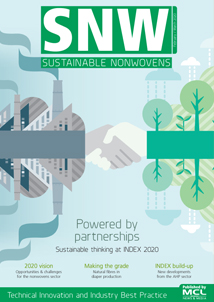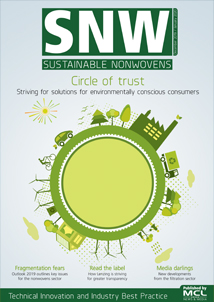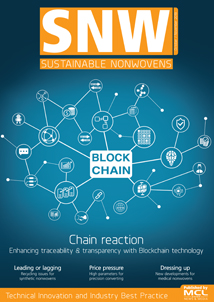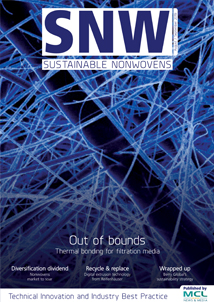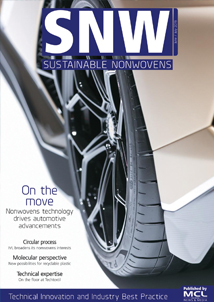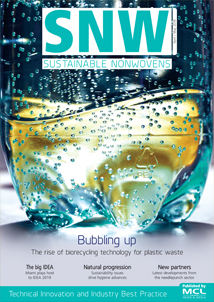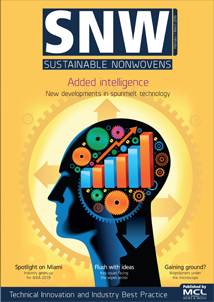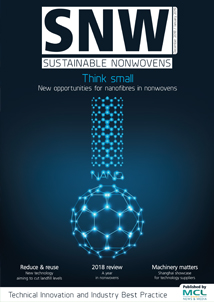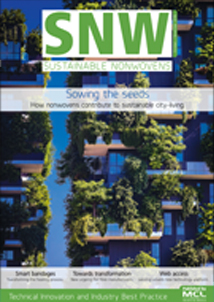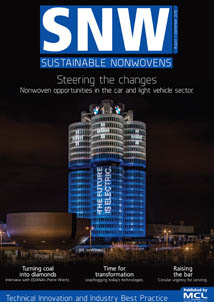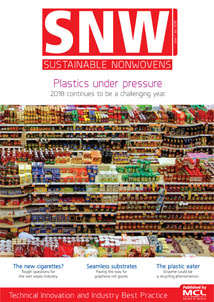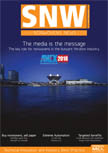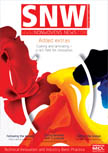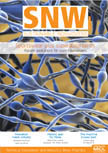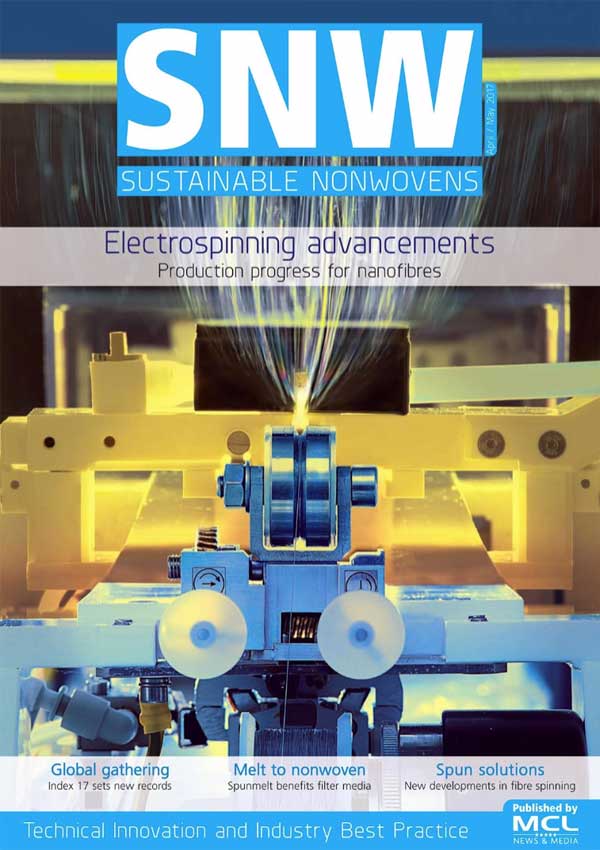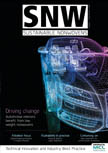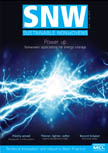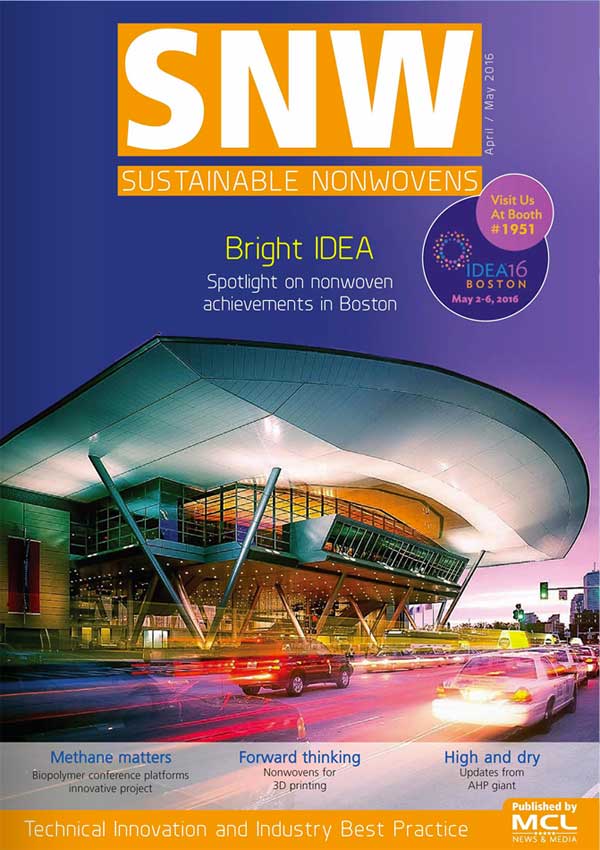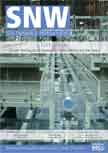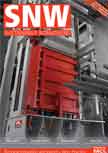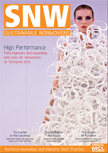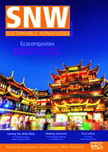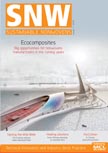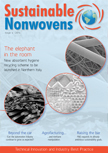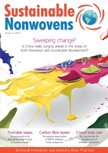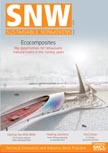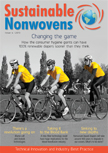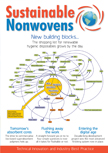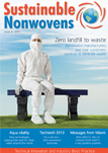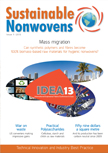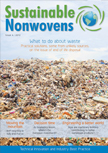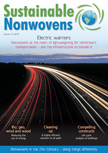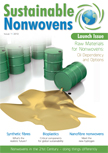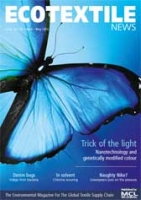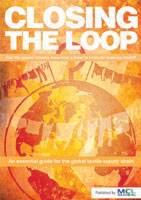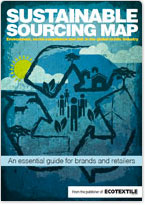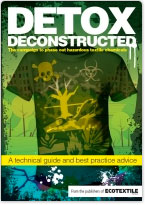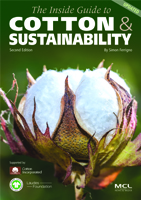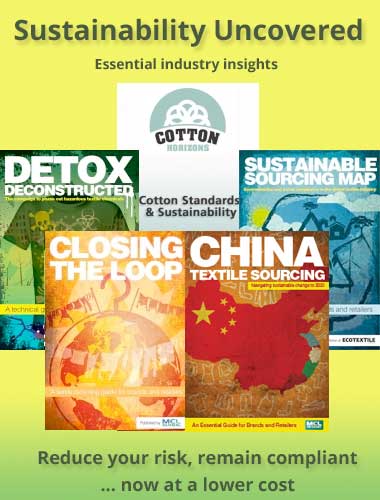BLACKBURN – B&M Longworth has succeeded in passing the first stage of acceptance in having its pressolysis process defined as a new recycling methodology by the British Standards Institute (BSI).
The company’s multi-patented Deecom and Deecom Lite pressolysis systems have been used to successfully turn everything from carbon composites to baby diapers and PPE back into constituent polymers and the process is now being viewed as an extremely useful route to recovering valuable materials from waste streams.
“Deecom specifically uses ‘thermo-cyclic pressolysis’, in that we add heat and swings of pressure to interact with the polymers in question and achieve the desired result, without engaging the original component or fibre, thus reclaiming near-virgin quality materials,” explains company director Jen Hill. “We’ve spent decades developing and understanding Deecom and its capabilities and we’re now sure of what it is not – hydrolysis, solvolysis or pyrolysis.”
New and unknown
“During the late development stages of launching Deecom as a materials recovery solution, we identified a challenge in that it was deemed too new and too unknown. We were even told at one stage it was too novel to meet innovation funding criteria. It’s crazy that an emerging, innovative technology that ticks all of the boxes for net zero, circularity and low carbon can be labelled as too innovative.”
The BSI now defines pressolysis as: the reduction of a material to its plasmic state using pressure: a known scientific term normally aligned with biology and referring to a method of testing pressure within the cells of the lungs.
Longworth’s Deecom patents are for the process, not for the machinery that houses it. This frees the company from the constraints of shape, size and design and means that each unit built is slightly different and bespoke to the customer. Units are specified based on customer need – throughput, format, volume, material, preferred output, feed system etc., and can range from a desktop structure to very large machines.
Innovation Award
Longworth received the Innovation in Composite Materials award at the 2022 Composite UK Industry Awards for its recovery of intact carbon fibre tows from over-wrapped pressure vessels as part of a project with the National Composites Centre and machinery builder Cygnet Texkimp.
Using the combination of compression and decompression cycles or ‘pressure swings’, Longworth’s Deecom process gently removes a range of organic materials from composite fibres, effectively reversing the bond between fibre and matrix. The process takes place in a pressure vessel filled with superheated steam.
Depending on the polymer type, temperatures above 200°C will melt or soften the polymer and a degree of hydrolysis will occur. When at pressure, the steam will penetrate fissures in the polymer where it condenses before boiling on decompression, causing an instant physical fracturing of the polymer chain and carrying away monomers and oligomers along with polymer fragments from the outer faces.
Since the process interacts with the resins rather than the fibre, it has been demonstrated to reclaim the format, length and structure of post-industrial or end-of-life waste composites, whether cured or uncured. Energy use may be high due to long duration, high temperature pressure cycling, though likely to be still much lower than virgin carbon fibre manufacturing energy. The benefits of being able to recover long tows intact are significant.
Glass fibres
Following its success with carbon, Longworth is also part of a new consortium, which will explore the recycling of glass fibre composites.
The Emphasizing Project has received funding from Innovate UK and in addition to Longworth, will involve partners the Brunel Composites Centre (Brunel University London), EMS Chemie, Ford, Gestamp UK, Gen2Plank and TWI.
It will assess, process and analyse materials from wind turbine blades, as well as automotive and marine parts, to create roadmaps for recycling. The consortium will work to demonstrate the feasibility of fabricating automotive end products from upcycled glass fibre materials, including a technical step change from established processes such as pyrolysis and solvolysis, with Deecom technology.
The pressolysis process enable the high-yield reclamation of high-quality, clean, reusable fibres that are free from residues and have a retained length and properties akin to virgin materials. The recovered, clean fibres will then be upcycled through resizing. It is hoped that through finding several use cases for the resized material, the industry will have access to a brand new, advanced material that would be on-shored in the UK and readily available at a low cost.
AHPs
Deecom has also been recommended as a technology of choice for reducing single use plastics within the UK’s National Health Service.
In addition to PPE, the single use plastics in the medical and care sector Deecom can be effectively deal with include absorbent products (diapers, sanitary products, bed pads, surgical spill kits and dressings), syringes and cannulas, IV bags, tubes and connectors, blood and organ storage and transport products and urostomy/colostomy bags.
During a 2020 Innovate UK project into absorbent hygiene products (AHPs), Deecom successfully reclaimed both the layers of nonwovens and the superabsorbent polymer (SAP) in a safe, clean and reusable manner.
The project used a variety of materials – including a synthetic human excrement product and a live e-coli sample – to establish that a mix of the company’s Deecom and Deecom lite technologies can successfully sterilise, reduce, dehydrate and de-classify such waste, from hazardous-to-offensive-to-inert – suggesting significant potential cost savings for the industry.
